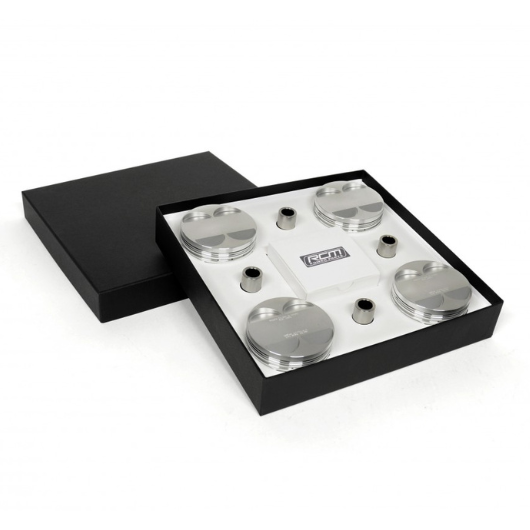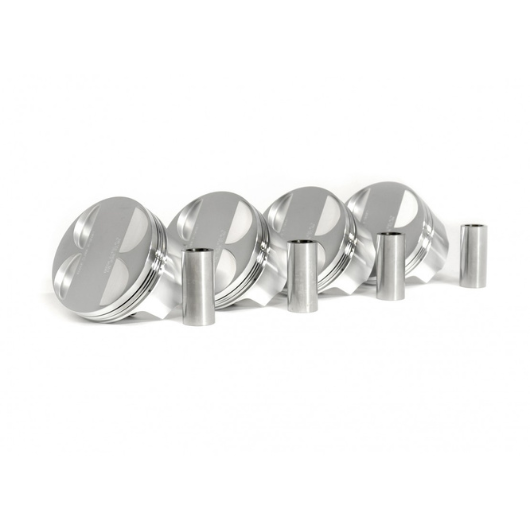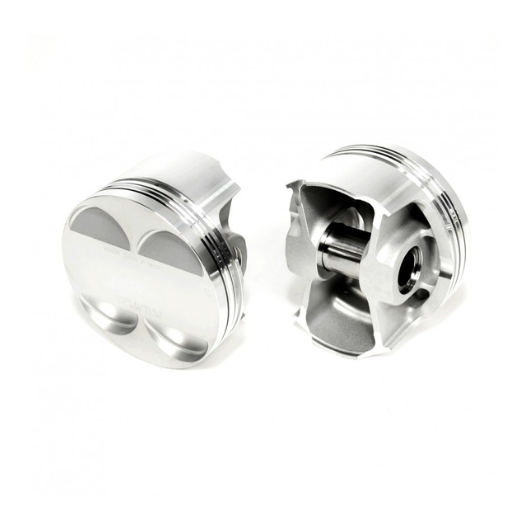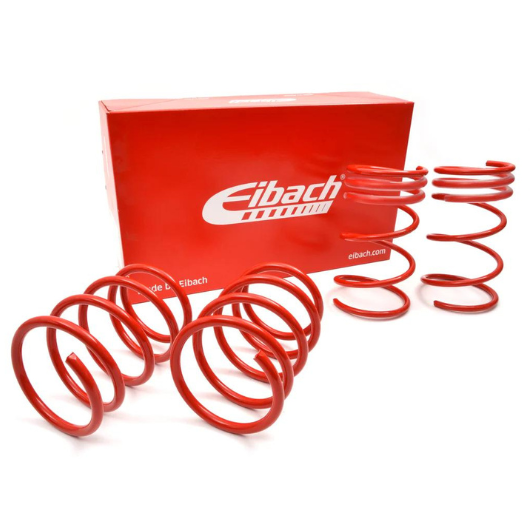A forging is still the best way to manufacture a piston, not just from a production point of view but for the strength of the piston. There are certain areas where a piston machined from solid is marginally better than a forging but the strength benefits of a forging far outweigh any benefits of a fully machined piston. You get excellent grain structure when a piston is forged correctly, the way Omega do it. In a fully machined piston you don’t get any true grain flow structure as you are using the material as it is cut from the bar. When you forge the material you create optimal molecular alignment within the material coupled with their own in-house bespoke heat treatment and this is what gives the piston its strength.
CNC (Computer Numeric Controlled) machines are used to do most of the machining that turns a forging into a piston. When finished, the piston is sent to the quality control department to be measured. The quality control department is kept at a constant 20.5°C, important as pistons can expand by as much as 10 microns in sunlight. This way the pistons can also be measured for tolerance anywhere in the world, provided the same 20.5°C conditions are replicated.
The piston skirt is designed and machined to give a profile that works most efficiently when the engine is at full working temperature. Piston skirt profiles are not round but elliptical in shape and barrelled in length. The machining of the skirt is done on extremely accurate machines, capable of holding their repeatability down to 5 microns!
All RCM / Omega Pistons are individually weighed and batched to within 0.5 grams, which ensures that a set of four will have a tolerance deviation of no more than 2.0 grams. On large orders this means that it is not unusual to have a set of 4 pistons with only 0.1 gram deviation!
Proven Performance!
Both Gobstopper I and II have always used Omega pistons. With both cars developing over 700bhp (plus the additional option of nitrous oxide) and a rev limit of 10,000 rpm you don’t get a greater test for any piston. Omega pistons have always performed faultlessly even under the most extreme of conditions which is why when choosing our preferred manufacturer we wouldn’t look anywhere else
Suitable for use with all EJ20 engine blocks and a 79mm crankshaft.
Compression levels can vary depending on head gasket thickness, cylinder head type, conrod length and crankshaft size. As a guide, the compression could vary between 8.5:1 and 10:1, depending on the above factors.



